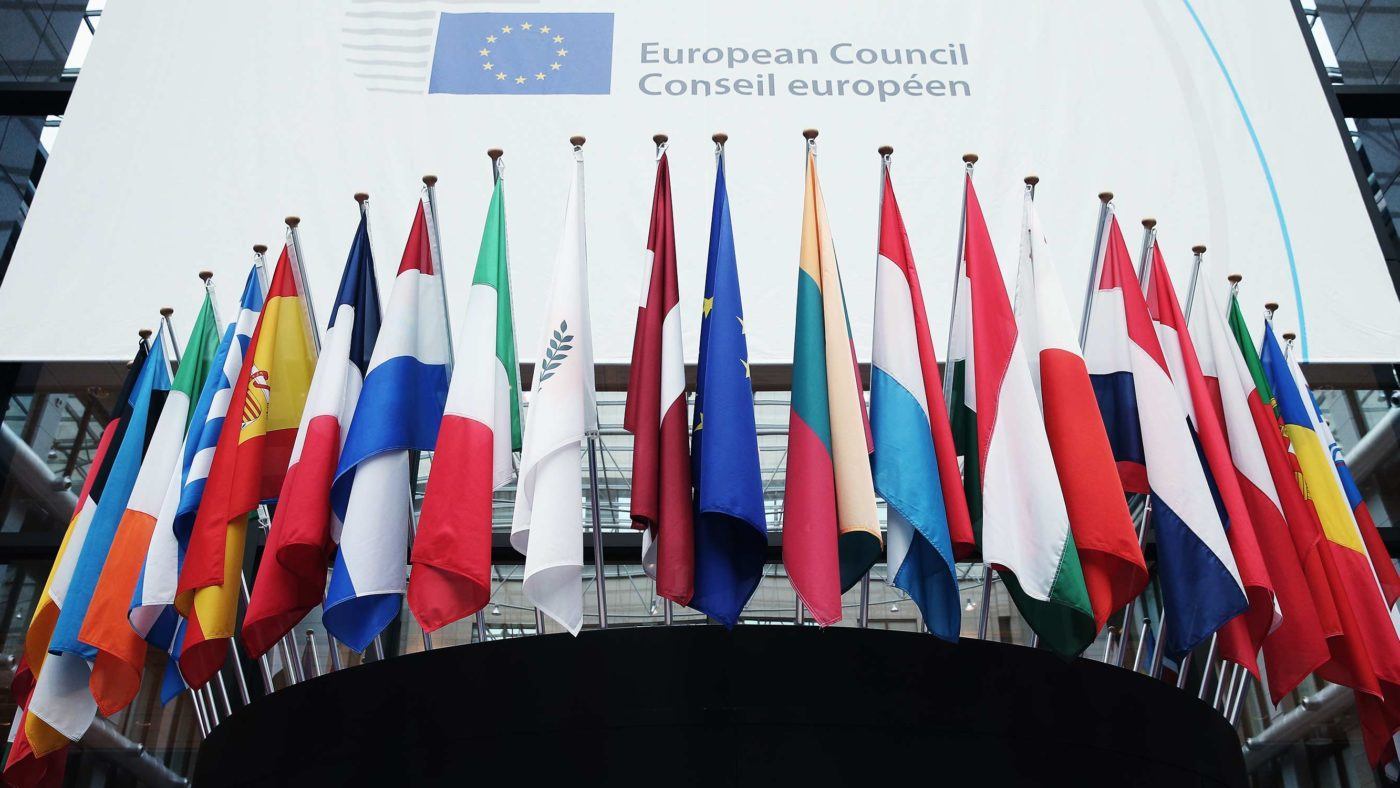If latest polls are to be believed, we may indeed be facing a European divorce next Thursday — something that probably neither David Cameron nor Europe as a whole would have conceived as possible just months ago. While debates over possible domino effects that would further threaten European post-Brexit unity are abound, one point seems often to be forgotten. Namely, the British debate on EU reform has also helped Europe, especially if Britain will decide to remain.
While Cameron achieved very little in his initial renegotiations, the ensuing debate on the future of the EU did create a massive intergovernmental momentum towards EU reform. Should the UK decide to leave now, it throws away the unique opportunity to head a large-scale reform of the European project — a reform that could ideally end with a “Europe of multiple speeds” where states can opt for their desired level of integration, finally settling the age-old debates about a European superstate. A reformed EU ought to strike the right balance between Europhilia and Euroscepticism, and British membership is key to this.
As a reminder, when Cameron initially pushed for disintegration in 2015, the UK’s demand for a Europe a la carte was widely perceived as lacking European solidarity. Yet persistent debates on challenges like economic crises, immigration, the democratic deficit and ineffective EU decision-making has left Euroscepticism deeply embedded in many member states. The political tide has turned. Instead of just accepting initial British demands, member states are now making calls for wide-reaching EU reform themselves.
Besides Hungary, Poland, and Slovakia pushing for EU reform, Denmark and the Netherlands have had referenda on EU justice cooperation and Ukraine respectively. Euroscepticism in the former is striking, with 44% of Danish citizens favoring a British-style referendum on EU membership. On a wider level, polls in ten European states show that the numbers of those supporting a return of powers from Brussels to national capitals today is twice as high as their opponents, with 42% for devolution versus only 19% for further centralization of powers. That’s not to forget the surge of Eurosceptic populism in the Mediterranean region.
Even in the supranational stronghold of Brussels, the mood seems to have changed. European Council President Donald Tusk calls for an end of “utopian dreams” on integration, Eurogroup President Jeroen Dijsselbloem demands a halt to EU enlargement, and liberal leader Guy Verhofstadt proposes a clear separation between those member states who favour more integration, and those who merely want a “Europe light.” In European Parliament, the anti-federalist European Conservatives and Reformists have developed into the third biggest group just seven years after its founding.
In practice, a Europe of different speeds already exists to some extent, as some member states, like the UK, are not in the Eurozone or enjoy certain freedoms through miscellaneous opt-outs, in security or justice cooperation for instance. Yet, the EU remains a supranational organisation where member states opt-out of integration rather than opt-in, the latter of which would be the norm in a desired Europe of different speeds. By leaving each decision to integrate in the hands of the individual member state, a multi-speed Europe would benefit both non-Eurozone members and those who wish to pursue deeper integration. It would put an end to the current one size fits all approach rightfully criticised for its protracted negotiations and inconclusive results, whilst favoring institutional efficacy and flexibility.
The role of the UK in this is pivotal. While its economic, political, military and diplomatic influence places it alongside Germany and France as the EU’s heavy weights, its liberal and anti-federalist principles make it an indispensable counterweight to them at the same time. Should the UK abandon the EU before these reforms can be implemented, the political strength of Berlin and Paris would make a successful push for reforms by weaker eurosceptic member states highly unlikely.
London has the political influence and economic strength to spearhead future EU reforms, and current political developments suggest the time is now right. No matter what the UK’s post-Brexit plans are, it will inevitably be bound to Europe in one way or the other. So instead of leaving the EU, the UK should lead it.


